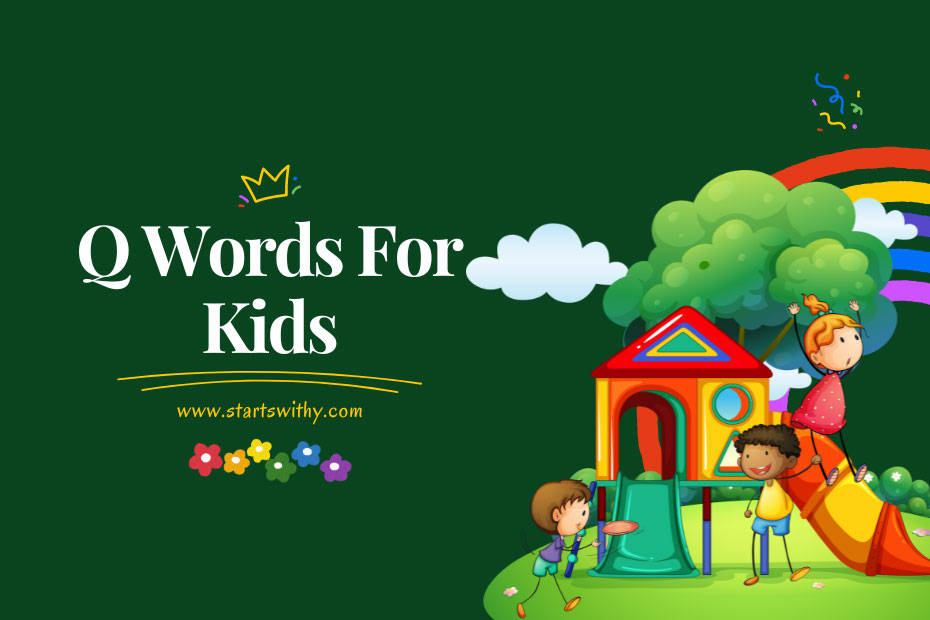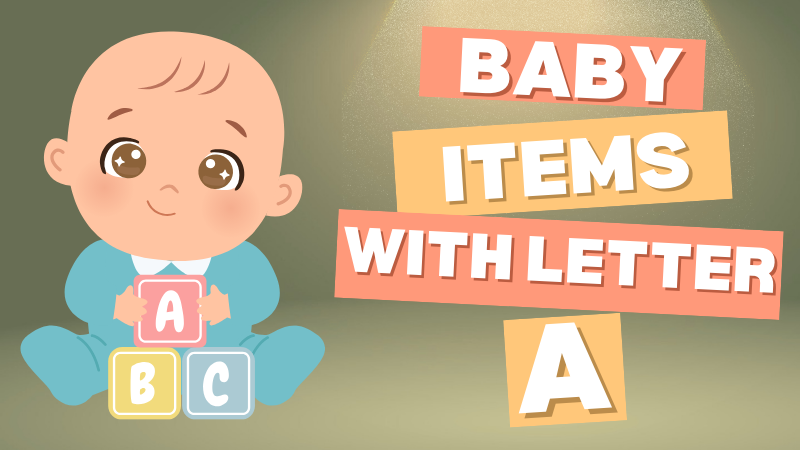Hey there! Are you looking for some fun and educational ways to teach your little ones about the letter Q? Well, you’ve come to the right place! In this article, I’ll be sharing a list of Q words that are perfect for kids in Kindergarten and Preschool. From quirky animals to exciting activities, we’ll explore a variety of words that will not only expand your child’s vocabulary but also make learning a whole lot of fun!
So why is it important to focus on the letter Q? Well, as kids are introduced to the alphabet, it’s crucial to help them recognize and familiarize themselves with each letter’s sound and shape. By exploring Q words, we can engage their curiosity and help them develop important literacy skills. Plus, who doesn’t love discovering new words that start with a unique and quirky letter like Q? So, let’s dive in and explore some fantastic Q words that will captivate your child’s imagination and boost their language skills.
What Are Q Words?
Definition of Q Words
Q words are words that begin with the letter Q. The letter Q is not as common as some other letters in the English language, but it has its own unique sound and shape. Q words can be a fun and engaging way for kids to expand their vocabulary and learn about different letter sounds.
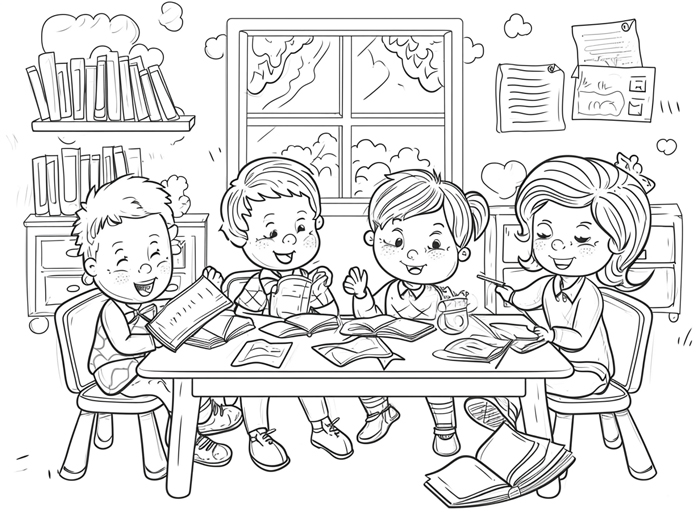
Importance of Q Words for Kids
Teaching kids about Q words is important for several reasons.
- Phonics – Learning Q words can help children develop their phonics skills. By introducing the sound of the letter Q and its corresponding words, kids can strengthen their ability to recognize and pronounce different phonemes.
- Vocabulary Expansion – Introducing Q words can help children expand their vocabulary. Learning new words starting with Q such as “queen,” “quick,” and “quiet” allows kids to encounter and understand a wider range of words, which can enhance their language skills.
- Curiosity and Imagination – Exploring Q words can ignite children’s curiosity and spark their imagination. As they learn about words like “quirky,” “quest,” and “quilt,” kids can start forming mental images and making connections, stimulating their creativity and critical thinking abilities.
- Letter Recognition – Introducing Q words can help children become familiar with the shape and form of the letter Q. By repeatedly seeing the letter Q in various words, kids can improve their letter recognition skills and enhance their overall literacy.
Preschool Words that Start with Q
| Word | Sentence for Kids |
|---|---|
| Queen | The queen wore a sparkly crown. |
| Quack | The duck goes quack, quack, quack. |
| Quilt | I sleep under a cozy quilt. |
| Quiet | Please be quiet during naptime. |
| Quick | The rabbit is very quick. |
| Quill | The porcupine has quills. |
| Question | I have a question for you. |
| Quirky | My pet has a quirky personality. |
| Quiver | The arrow made the quiver shake. |
| Quench | Drink water to quench your thirst. |
| Quilt | Grandma made a colorful quilt. |
4 Letter Words for Toddlers that Start with Q
| Word | Fun Toddler Sentence |
|---|---|
| Quay | We walked along the quay. |
| Quip | His joke made everyone laugh. |
| Quit | Don’t quit; keep trying! |
| Quiz | Let’s take a fun quiz. |
| Quok | Look, it’s a cute quokka! |
| Quad | The four ducks waddled together. |
| Quip | Share a friendly quip with a friend. |
| Quot | Can you remember this quotable quote? |
| Quay | Boats dock at the busy quay. |
Words That Start With Q For Kids
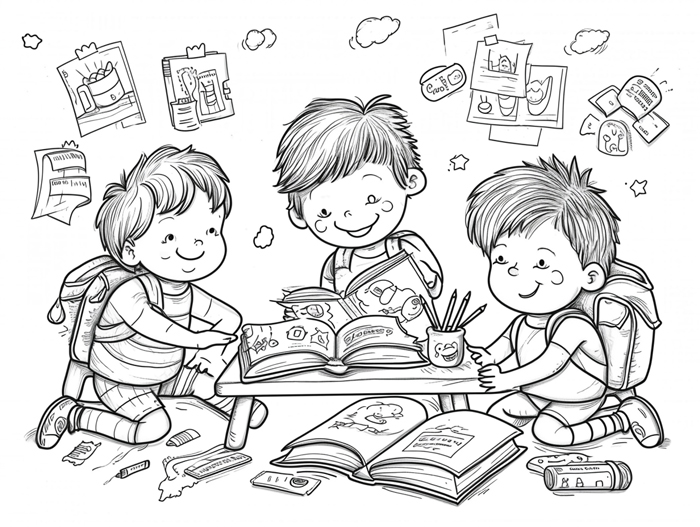
| Word | Fun Kids’ Sentence |
|---|---|
| Queen | The queen lived in a grand castle. |
| Quack | The duck said, “Quack, quack!” |
| Quilt | Snuggle under a warm quilt at bedtime. |
| Quiet | Let’s play quietly in the library. |
| Quick | The rabbit is super quick and can hop fast. |
| Quill | The porcupine’s quills protect it from harm. |
| Question | Don’t hesitate to ask a question in class. |
| Quirky | My quirky cat loves to chase its tail. |
| Quiver | The leaves on the tree quiver in the wind. |
| Quench | Drinking water can quench your thirst on a hot day. |
| Quilt | Grandma made a colorful quilt for me. |
Science Words That Start With Q
| Word | Kid-Friendly Sentence |
|---|---|
| Quantum | Quantum physics studies tiny particles. |
| Quasar | A quasar is a super-bright space object. |
| Quark | Quarks are even smaller than atoms. |
| Quadrilateral | A square is a type of quadrilateral shape. |
| Quicklime | Quicklime is used to make cement strong. |
| Quartz | Quartz crystals can be very sparkly. |
| Quicksand | Be careful not to sink in quicksand. |
| Qualitative | Qualitative data describes qualities, like colors. |
| Quenching | Quenching metal makes it hard and strong. |
| Quotient | Divide numbers to find a quotient. |
| Questionnaire | We use a questionnaire to gather information. |
School Words that Start with Q
| Word | Fun School Sentence |
|---|---|
| Quiz | We had a quiz on animals today. |
| Question | Raise your hand if you have a question. |
| Quiet | The library is a place to be quiet. |
| Quill | Write with a quill like in old times. |
| Quality | Quality work is always appreciated. |
| Quantity | Can you count the quantity of apples? |
| Quotation | Let’s use a quotation in our essay. |
| Quorum | We need a quorum to make decisions. |
| Quadrant | Find the answer in the top left quadrant. |
| Quarter | A dollar is made up of four quarters. |
| Queue | Stand in the queue for lunch. |
Cool Words that Start with Q For Kids
| Word | Fun Kids’ Sentence |
|---|---|
| Quasar | A quasar is like a super-bright space torch. |
| Quest | Join the quest to find the hidden treasure. |
| Quokka | The quokka is a friendly, smiling marsupial. |
| Quiver | The quiver held arrows for the brave archer. |
| Quicksand | Don’t step in quicksand; it’s like a sandy trap. |
| Quench | Quench your thirst with a cold glass of water. |
| Quilt | Grandma’s quilt keeps us warm at night. |
| Quirky | Our pet cat has a quirky sense of humor. |
| Quip | Share a quick and funny quip with your friends. |
| Quaint | The old cottage had a quaint charm. |
| Quantum | Quantum mechanics explores the tiniest particles. |
Positive Words that Start with Q for Kids
| Word | Positive Kid-Friendly Sentence |
|---|---|
| Quality | Quality time with family makes us happy. |
| Quest | Embark on a quest to learn and explore. |
| Quick-wit | Her quick-wit helped her solve the riddle. |
| Quaint | The quaint little village was charming. |
| Quiver | Feel the quiver of excitement in the air. |
| Quokka | The quokka’s smile is always uplifting. |
| Quench | Quench your curiosity with a good book. |
| Quicker | Learning makes you quicker and smarter. |
| Quirky | Embrace your quirky personality, it’s unique! |
| Queenly | She carried herself with queenly grace. |
| Quotable | Your wise words are truly quotable. |
Benefits of Teaching Q Words to Kids
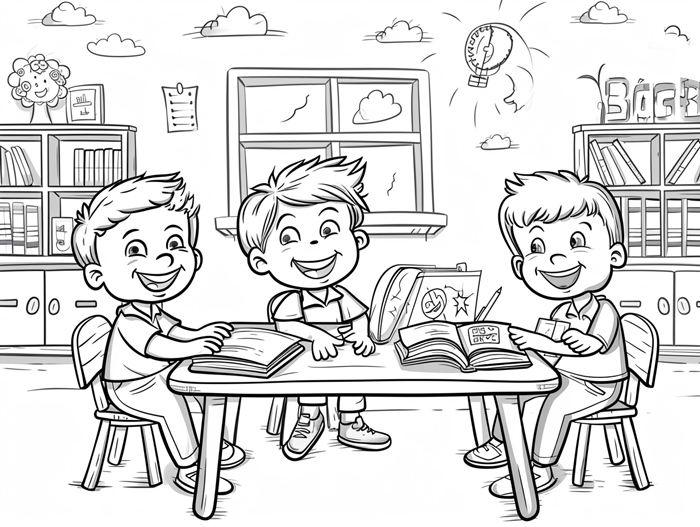
Enhances Vocabulary Skills
Teaching kids Q words can have numerous benefits for their language development. It enhances their vocabulary skills by introducing them to new words that are uncommon but important to know. By learning Q words, kids can expand their word bank and improve their ability to express themselves creatively. This exposure to a wider range of vocabulary also helps them become better readers and writers in the long run.
Here are a few ways teaching Q words can enhance vocabulary skills in kids:
- Word Association: Introducing Q words can help children make connections between words that share common sounds or meanings. For example, when they learn words like “queen” and “quiet,” they are able to recognize the “qu” sound and associate it with similar words. This strengthens their understanding and recognition of words with the same phonetic patterns.
- Contextual Learning: Learning Q words can also help children understand the importance of context in language. As they encounter Q words in different contexts, such as “quick” or “quack,” they develop a better grasp of the nuances and multiple meanings associated with these words. This not only expands their vocabulary, but also improves their comprehension skills.
Improves Pronunciation
Another benefit of teaching Q words to kids is that it improves their pronunciation. Q words often present unique phonic challenges, making them a great tool for improving speech clarity and accuracy. By practicing the pronunciation of Q words, kids can develop better control over their articulation and enunciation skills.
Here are a few reasons why teaching Q words improves pronunciation:
- Phonetic Awareness: Q words require specific articulatory movements that differ from other word sounds. The practice of saying Q words correctly enables kids to become more aware of the subtleties of pronunciation, leading to clearer and more accurate speech.
- Phonemic Differentiation: Learning Q words helps kids distinguish between similar sounds, such as “qu” and “kw” sounds. This phonemic differentiation not only strengthens their ability to pronounce Q words correctly, but also improves their overall phonological awareness.
Boosts Reading and Writing Abilities
Introducing Q words to kids can have a significant impact on their reading and writing abilities. It helps them recognize and decode words more effectively and enhances their overall literacy skills.
Here are a few ways teaching Q words can boost reading and writing abilities in kids:
- Letter Recognition: Q words expose kids to the letter “q,” which is relatively uncommon in the English language. Teaching them words like “queen” and “quiet” helps them become familiar with this letter and improves their letter recognition skills.
- Phonics Mastery: Q words provide an opportunity for kids to practice their phonics skills. By learning words like “quick” and “quack,” they can understand the connection between sounds and letters, strengthening their ability to decode and blend sounds when reading.
- Spark Curiosity and Imagination: Q words can ignite a sense of curiosity and imagination in kids. They can inspire creative storytelling and imaginative thinking, as kids explore the possibilities and meanings of words like “quilt” or “quest.”
By teaching Q words to kids, we can help them develop a stronger foundation in language skills, expand their vocabulary, improve their pronunciation, and enhance their reading and writing abilities. The benefits of introducing Q words to children at an early age are invaluable for their educational journey and overall literacy success.
Fun Ways to Teach Q Words to Kids
As an experienced educator, I’ve discovered some fun and effective ways to teach Q words to kids in Kindergarten and Preschool. Incorporating engaging activities and interactive learning methods is key to helping children build their vocabulary and develop a love for language. Here are a few strategies that have proven successful:
Letter Q Crafts and Activities
Introducing letter Q crafts and activities can bring excitement to the classroom while reinforcing the recognition and understanding of Q words. Here are a few ideas:
- Q is for Queen: Have the children create a crown fit for a queen using construction paper and decorations. Encourage them to discuss words that start with the letter Q, such as “queen,” “quiet,” and “quilt.”
- Quack-Quack Duck: Help the kids make a paper duck and decorate it. Then, engage them in a game of “Duck, Duck, Goose” where they need to say a Q word when tapping their classmates’ heads.
- Quiet Time: Create a cozy reading corner and designate it as the “quiet zone” during story time. Encourage the children to bring books with Q words and share them with their peers.
Q Word Flashcards and Games
Another effective way to teach Q words is through the use of flashcards and interactive games. Here are some ideas to make learning Q words both educational and entertaining:
- Flashcard Match: Create flashcards with Q words and corresponding images. Have the children match the word to the picture on the card.
- Q Word Bingo: Create bingo cards with various Q words and distribute them to the students. Call out Q words and have the children mark them off on their cards. The first one to get a line of Q words shouts “Bingo!”
- I Spy with My Q Eye: Play the traditional “I Spy” game, but focus on Q words. Encourage the children to use descriptive words that start with the letter Q to help their classmates guess the object they are looking at.
Q Word Songs and Rhymes
Singing songs and reciting rhymes that incorporate Q words can be a fun and memorable way for kids to learn. Here are a few examples:
- “The Quacky Duck Song”: Teach the children a catchy song about a quacky duck that loves to swim in a pond. Incorporate Q words like “quack,” “quick,” and “quiet” into the lyrics.
- “The Queen’s Quilt”: Create a simple rhyme about a queen who loves to quilt. Emphasize Q words like “queen,” “quilt,” and “quiet” in the verses.
- “Quiver and Quake”: Sing a lively song about things that make you quiver and quake. Use Q words such as “quake,” “quiver,” and “quick” to engage the children in the song.
Teaching Q words to kids can be both educational and enjoyable. By incorporating letter Q crafts, flashcards and games, as well as songs and rhymes, you can create a dynamic learning environment that sparks their curiosity and helps them develop a strong foundation in language.
Q Words for Kids in Kindergarten
As a seasoned educator, I understand the importance of making learning engaging and interactive for young children. When it comes to teaching Q words to kindergartners, incorporating fun and effective strategies can make all the difference. In this section, I will share some simple Q words for kindergartners and provide examples of how to incorporate them into your lesson plans.
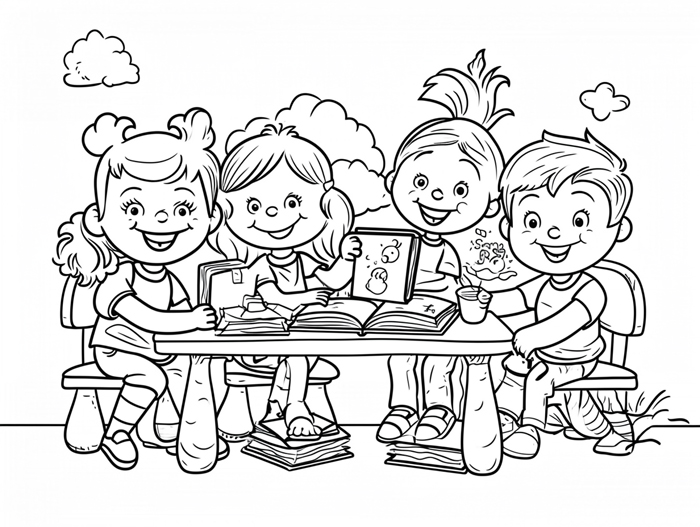
Simple Q Words for Kindergartners
Introducing simple Q words can be a great way to help kindergartners grasp the concept of Q words. Here are a few examples:
- Queen: Show a picture of a queen and encourage the children to say the word aloud. You can also ask them questions like, “What does a queen wear?” or “Where does a queen live?” to reinforce their understanding.
- Quiet: Engage the children in an activity where they practice being quiet. Ask them to listen carefully for sounds in the classroom and see who can remain the quietest for the longest time. This not only helps them learn the word “quiet” but also cultivates their listening skills.
- Quick: Incorporate movement into the learning process by playing a game of “Quick Simon Says.” Give simple instructions like “Simon says touch your nose quickly” or “Simon says jump up quickly.” This interactive game not only reinforces the word “quick” but also keeps the children active and engaged.
Examples of Q Words for Kindergarten Lesson Plans
To create comprehensive lesson plans, it is essential to incorporate a variety of Q words into different activities. Here are a few examples of how you can achieve this:
- Q Word Flashcards: Create flashcards with different Q words and corresponding images. Use these flashcards during circle time or as a small group activity. Have the children identify the Q word and encourage them to use it in a sentence.
- Letter Q Crafts: Engage the children in hands-on crafts that incorporate the letter Q. For example, they can create a collage using cut-out pictures of objects that start with the letter Q, such as a quarter, a quilt, or a question mark. This activity not only helps with letter recognition but also reinforces Q word vocabulary.
- Q Word Songs and Rhymes: Incorporate music and movement into your lesson plans by teaching Q word songs and rhymes. Singing catchy tunes like “Queen Q is quite amazing” or using rhythm and gestures while reciting Q word rhymes can help children remember and recall Q words more easily.
Remember, creating a dynamic learning environment is key to capturing the attention and interest of kindergartners. By using these simple Q words and incorporating them into engaging activities and lesson plans, you can foster a strong foundation in language development for your young learners.
Now that you have learned some effective strategies for teaching Q words to kindergartners, let’s move on to exploring how we can introduce Q words to preschoolers in our next section.
Q Words for Kids in Preschool
As a teacher, I believe that introducing Q words to preschoolers can be an exciting and engaging experience. It lays a strong foundation for their language development and helps them expand their vocabulary. In this section, I would like to share some basic Q words for preschoolers and provide ideas for incorporating these words into worksheets and activities. Let’s get started!
Basic Q Words for Preschoolers
Here are some simple Q words that are easy for preschoolers to grasp:
- Queen: Introduce the concept of royalty by teaching them about queens. Discuss their role and importance.
- Quiet: Explain the meaning of being quiet and its significance in certain situations.
- Quick: Teach them the meaning of being quick and highlight instances where being quick is beneficial.
- Quack: Make the sound of a duck quacking and help them associate it with the word “quack.”
Remember, it’s important to use visuals and gestures to reinforce these words and make learning fun. Incorporate them into daily conversations and activities to create an immersive learning environment.
Q Words for Preschool Worksheets and Activities
To reinforce the Q words, consider using worksheets and engaging activities. Here are some ideas:
- Flashcards: Create colorful flashcards with images of objects related to the Q words. Allow the children to relate the word with the picture.
- Crafts: Encourage creativity by having the children create crafts related to the Q words. For example, they can make a paper crown for “queen” or create a duck using paper plates for “quack.”
- Songs and Rhymes: Sing songs or recite rhymes that include the Q words. This helps reinforce their understanding and makes learning enjoyable.
By incorporating these activities into your lesson plans, you can cater to various learning styles and ensure a well-rounded approach to teaching Q words.
Remember to maintain a positive and enthusiastic attitude throughout the process, as children pick up on your energy and excitement. Celebrate their progress and encourage them to use the Q words in everyday conversations.
Stay tuned for the next section, where I’ll discuss how to make learning Q words even more interactive and engaging for kindergartners.
Conclusion
Teaching Q words to preschoolers is a vital step in their language development journey. By introducing these words at an early age, we can help them expand their vocabulary and lay a strong foundation for future learning. Incorporating Q words into worksheets and activities provides a fun and interactive way for children to engage with these words.
To enhance their understanding, visuals, gestures, and daily conversations can be used to reinforce the Q words. Creating an immersive learning environment allows children to see and hear these words in different contexts, helping them to grasp their meaning and usage.
As teachers, it is important for us to maintain a positive and enthusiastic attitude towards teaching Q words. By celebrating the children’s progress, we can motivate and inspire them to continue learning. With consistent practice and encouragement, preschoolers will gain confidence in using Q words and develop a lifelong love for language.
Remember, teaching Q words to preschoolers is just the beginning of their language journey. Let’s continue to nurture their curiosity and provide them with the tools they need to become confident and articulate communicators.
